 In the years immediately after the Civil War, tens of thousands of the formerly enslaved deposited millions of dollars into the Freedman’s Bank. African Americans envisioned this new bank as a launching pad for economic growth and self-determination. But only nine years after it opened, their trust was betrayed and the Freedman’s Bank collapsed.
In the years immediately after the Civil War, tens of thousands of the formerly enslaved deposited millions of dollars into the Freedman’s Bank. African Americans envisioned this new bank as a launching pad for economic growth and self-determination. But only nine years after it opened, their trust was betrayed and the Freedman’s Bank collapsed.
Fully informed by new archival findings, historian Justene Hill Edwards unearths a major turning point in U.S. history in this comprehensive account of the Freedman’s Bank and its depositors. She illuminates the hope with which the bank was first envisioned and demonstrates the significant setback that the sabotage of the bank caused in the fight for economic autonomy.
Hill Edwards argues for a new interpretation of its tragic failure: the bank’s white financiers drove the bank into the ground, not Fredrick Douglass, its final president, or its Black depositors and cashiers. A page-turning story filled with both well-known figures like Abraham Lincoln, Frederick Douglass, Jay and Henry Cooke, and General O. O. Howard, and less well-known figures like Dr. Charles B. Purvis, John Mercer Langston, Congressman Robert Smalls, and Ellen Baptiste Lubin. Savings and Trust is necessary reading for those seeking to understand the roots of racial economic inequality in the United States. [Adapted from publisher’s description.]
ISBN: 9781324073857 | W. W. Norton & Company
Praise for Savings and Trust: The Rise and Betrayal of the Freedman’s Bank:
Well-researched, brilliantly analyzed, and compellingly told, Savings and Trust brings to life the dramatic expansion of America’s racial wealth gap with a focus on Black resourcefulness and trust and white betrayal and plunder during Reconstruction. — Kidada E. Williams, author of I Saw Death Coming: A History of Terror and Survival in the War against Reconstruction
Deeply researched and powerfully argued, Savings and Trust shows how, at the dawn of emancipation, Black aspirations for an expansive freedom were undermined by the greed and thieving of their purported white Republican allies. Little known and short-lived, the Freedman’s Bank nonetheless cast a long and dark shadow over the prospects for racial equality and justice in the United States. — Steven Hahn, author of Illiberal America: A History
Savings and Trust is a work of restorative justice, boldly holding accountable those who tragically privileged self-interest over the possibility of a just and equitable interracial democracy after the Civil War. — Martha S. Jones, Johns Hopkins University, author of Vanguard: How Black Women Broke Barriers, Won the Vote, and Insisted on Equality for All



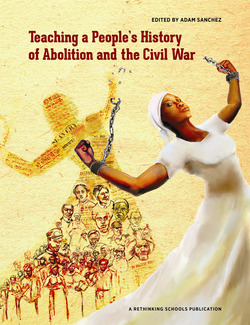
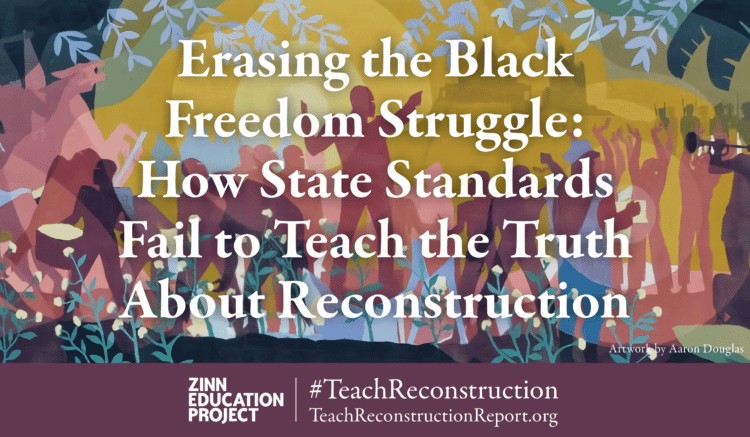
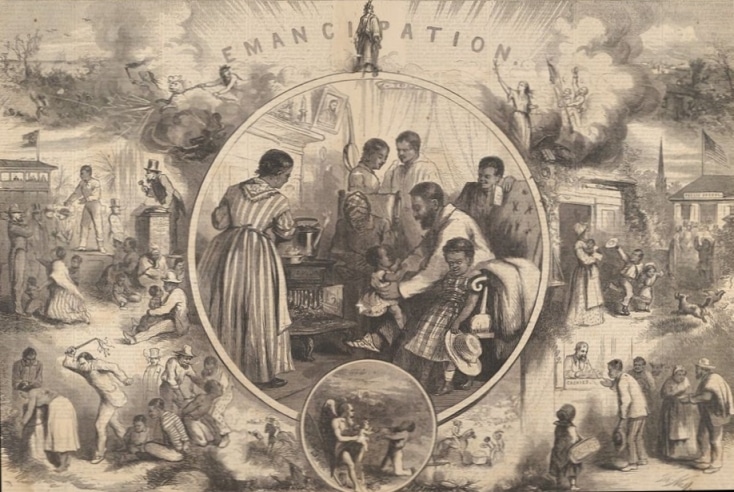
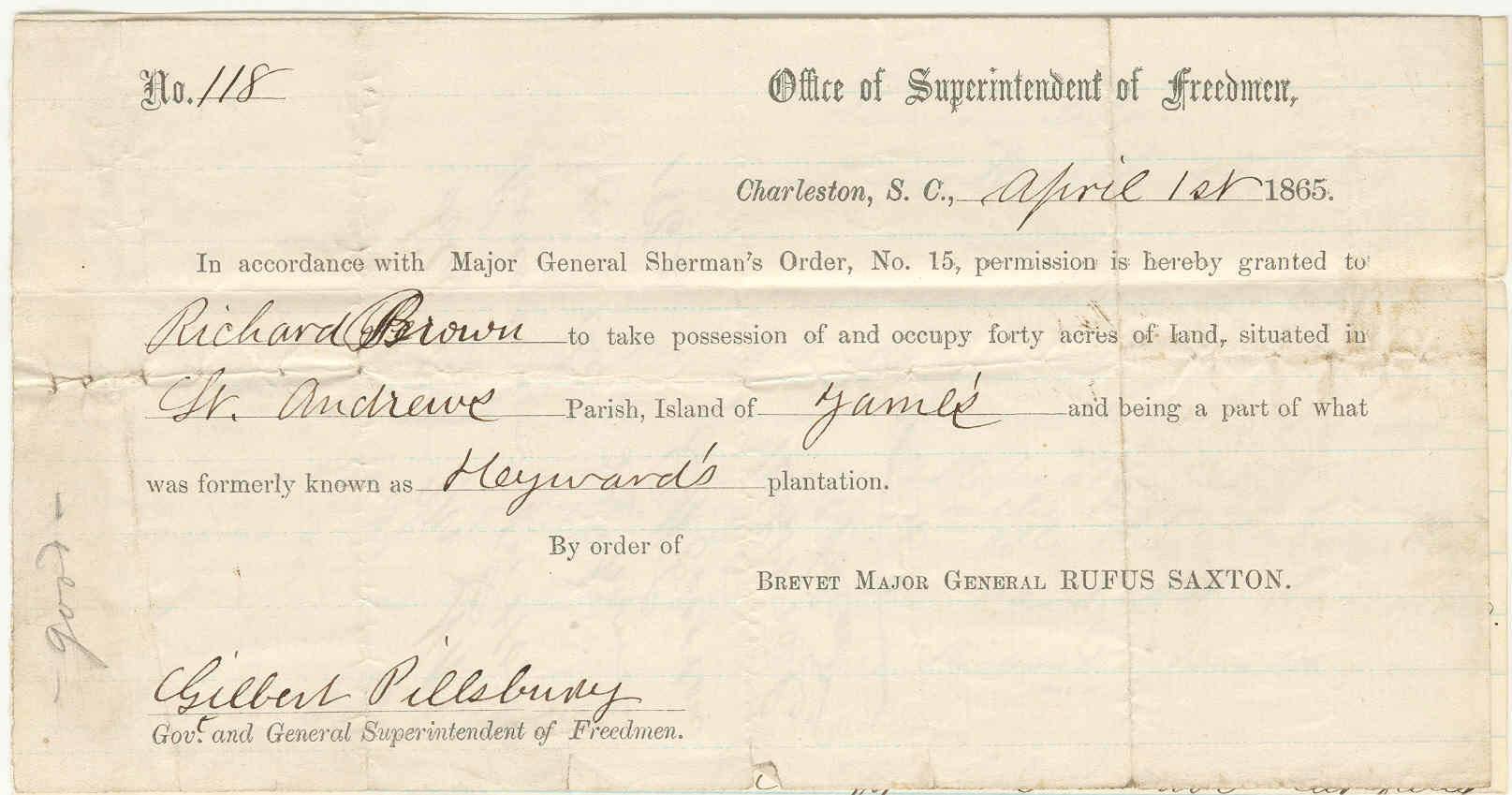
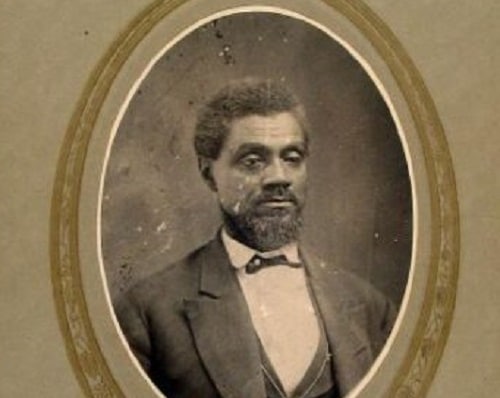
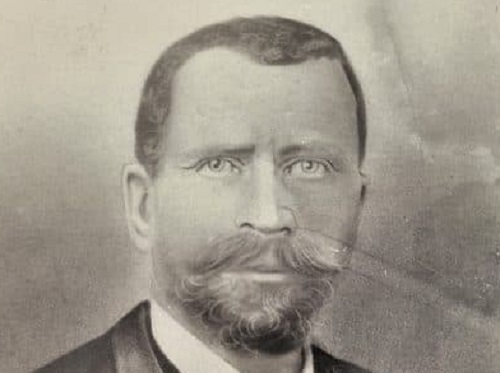






Twitter
Google plus
LinkedIn